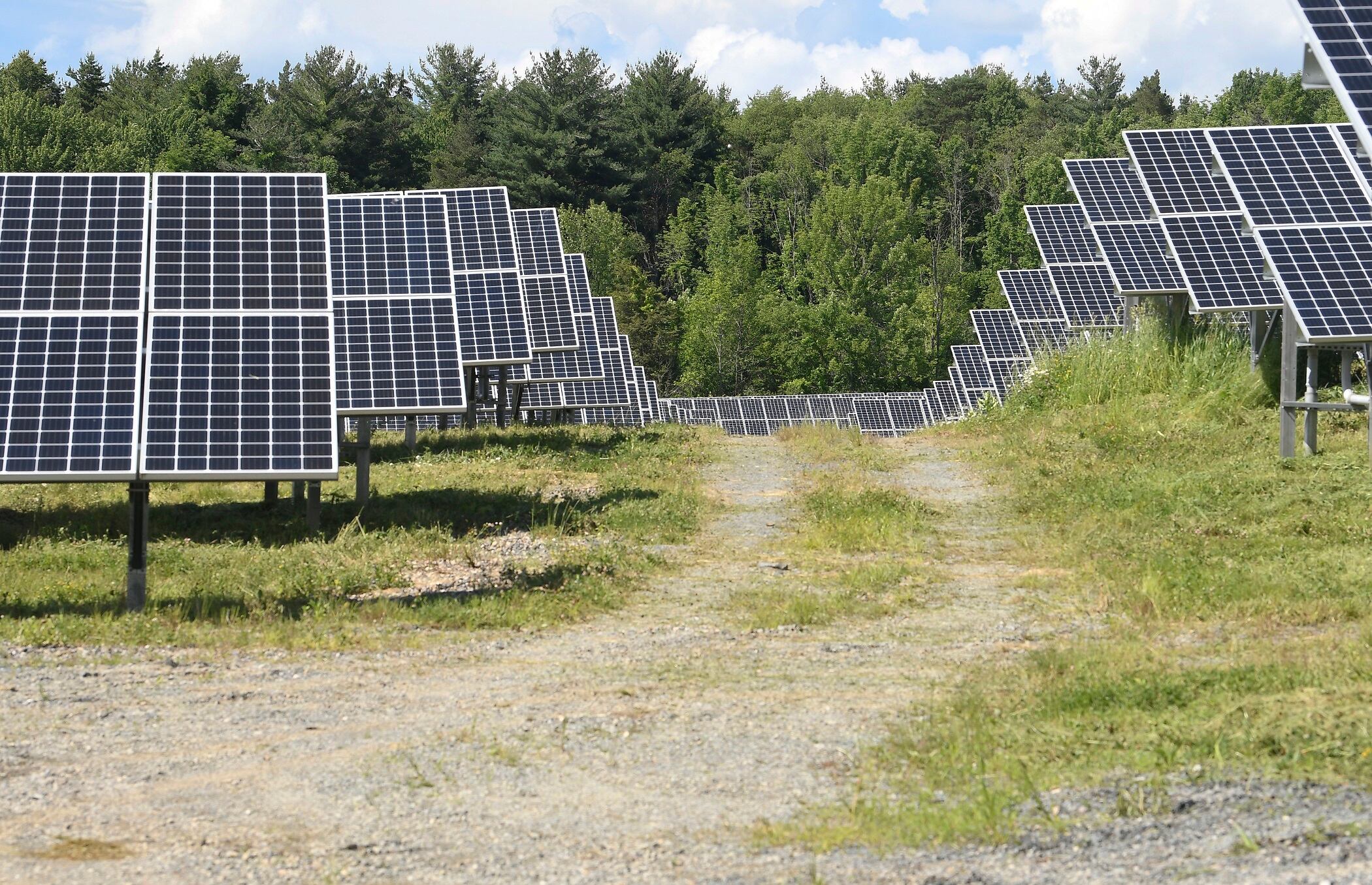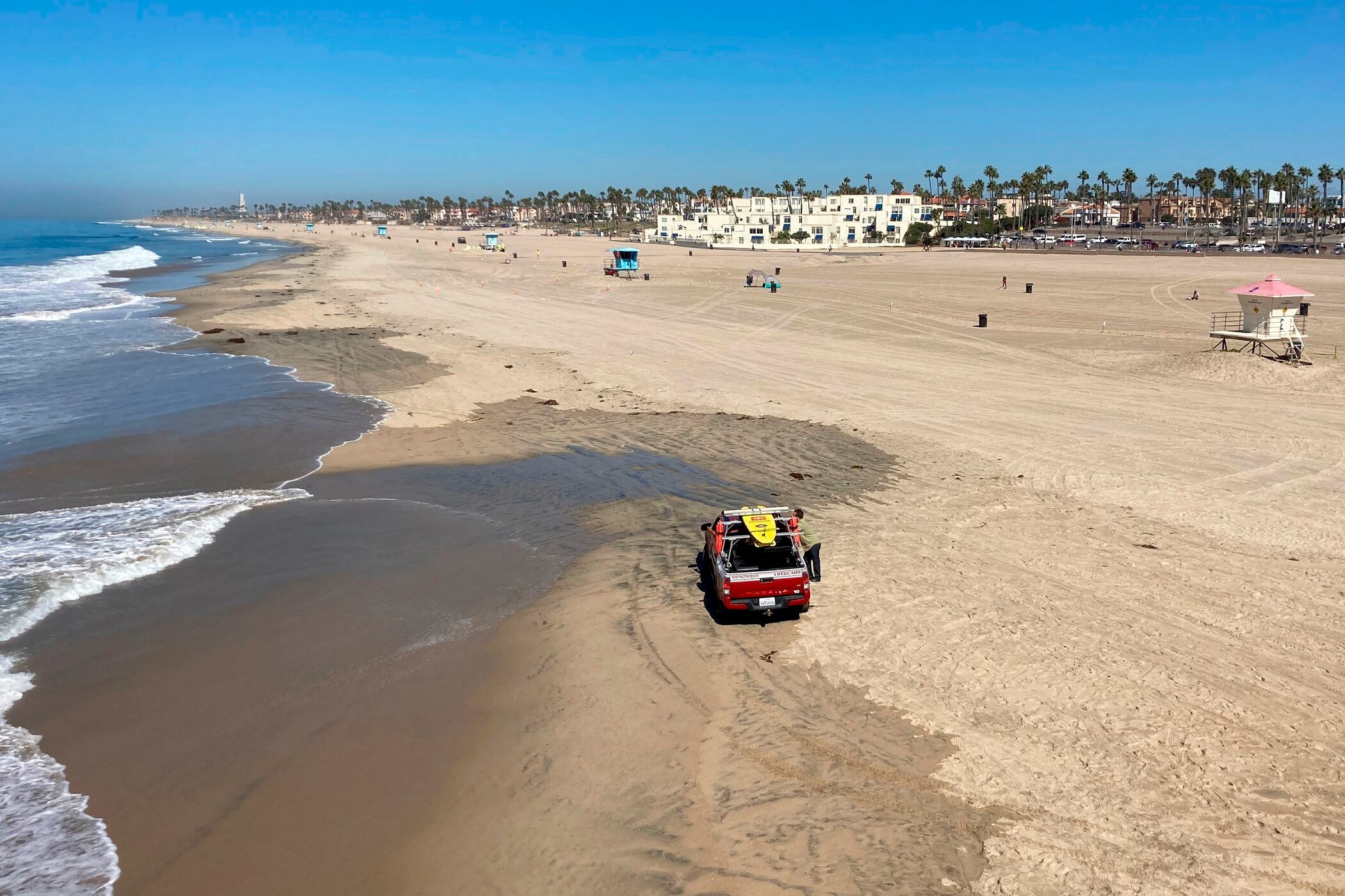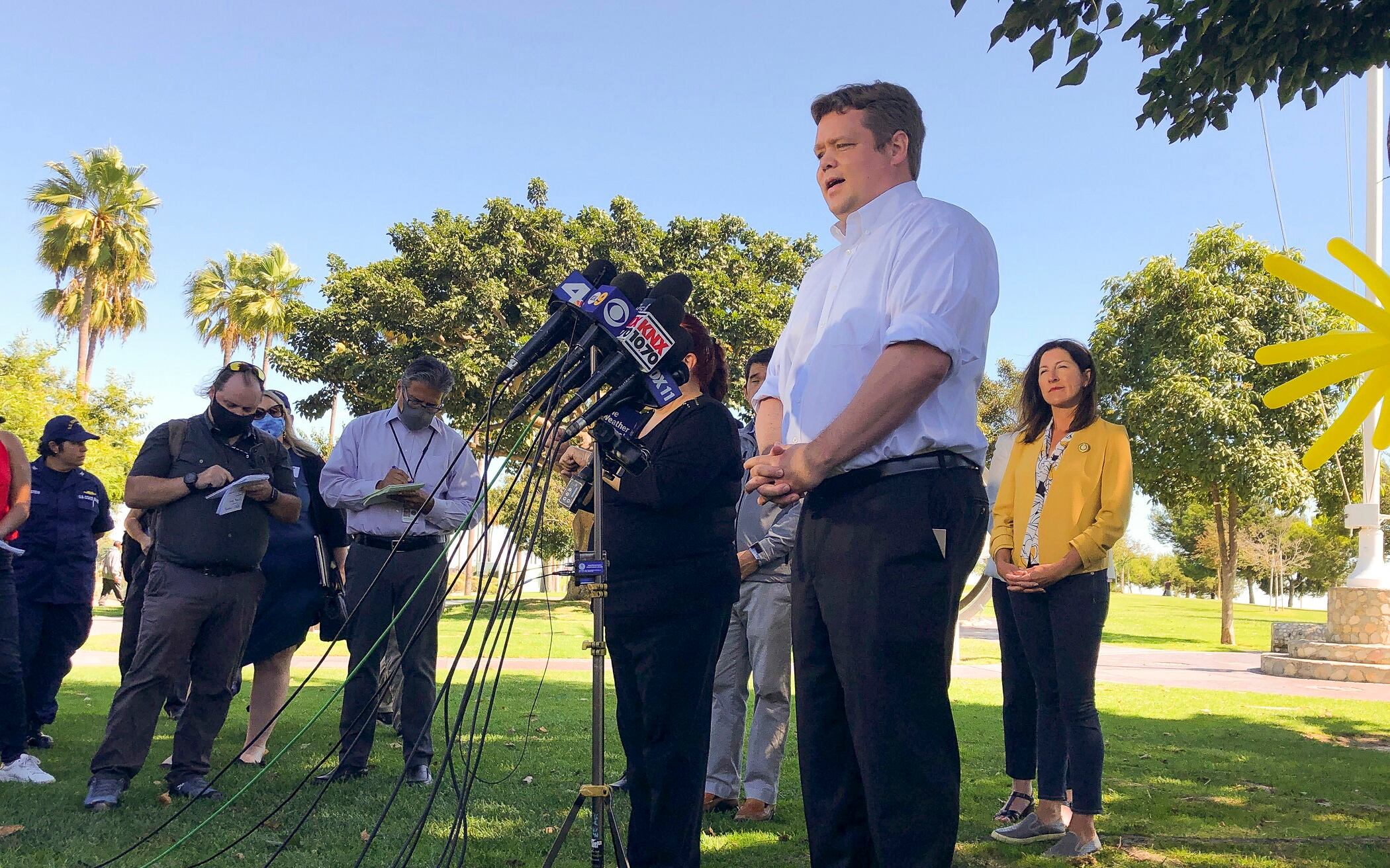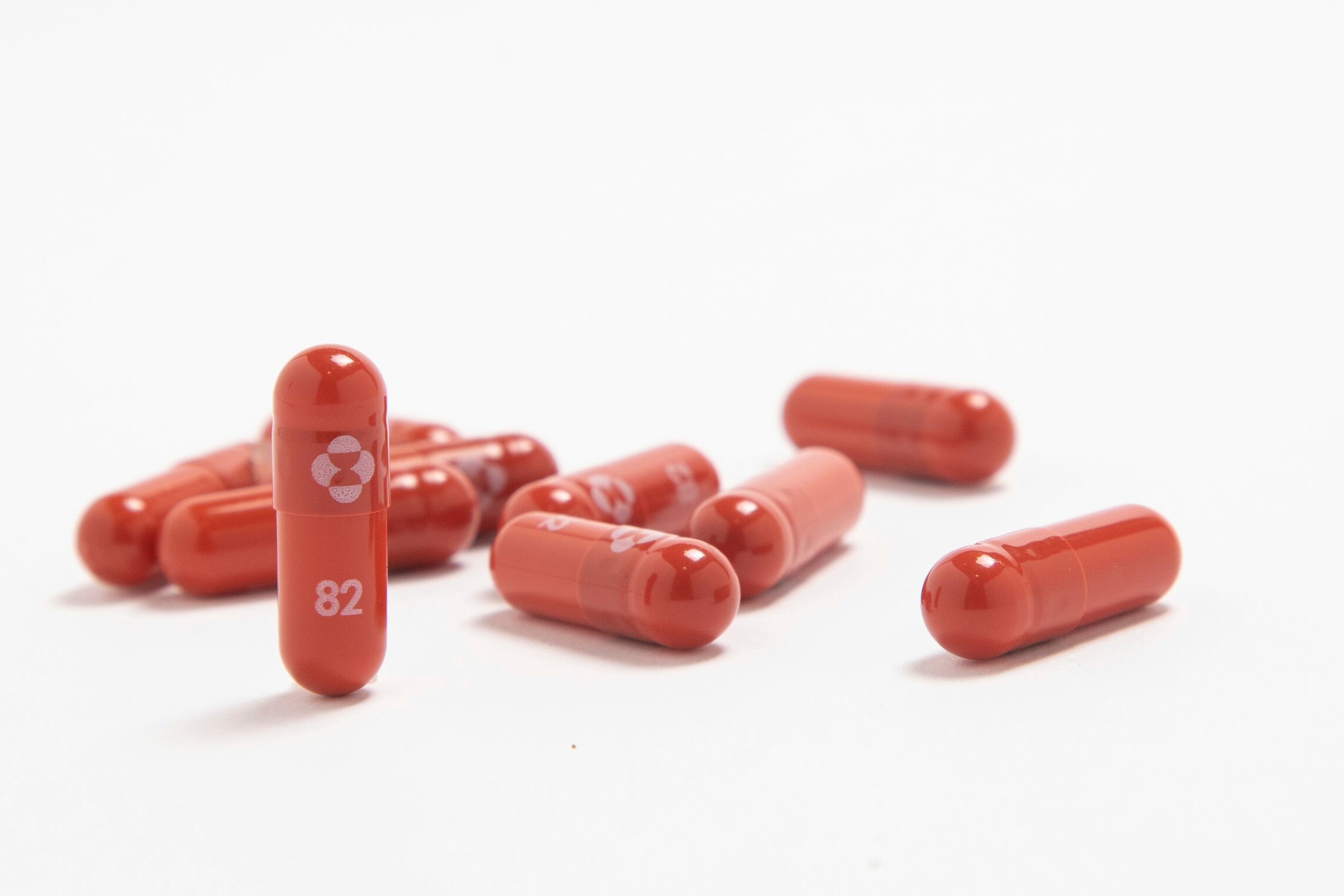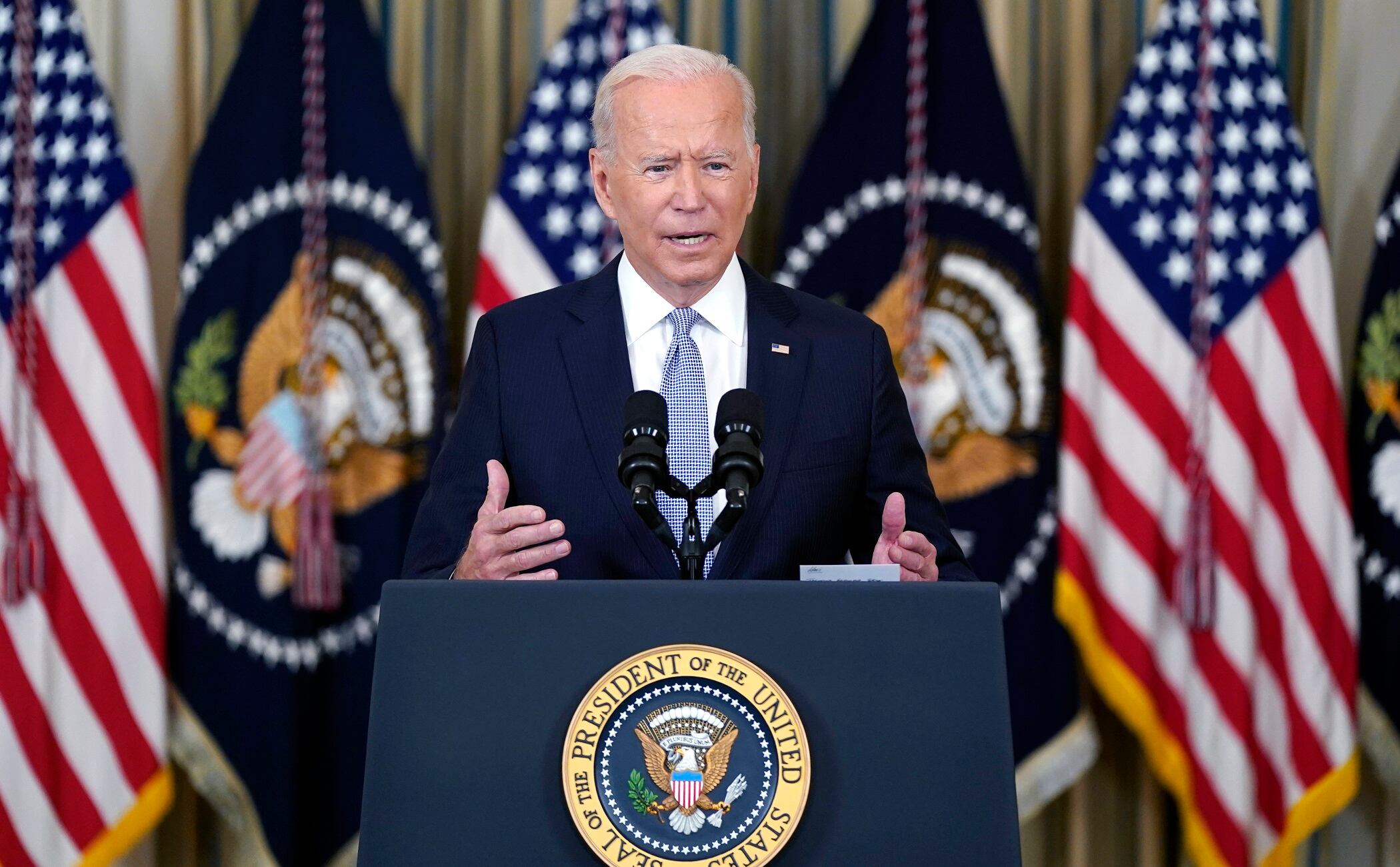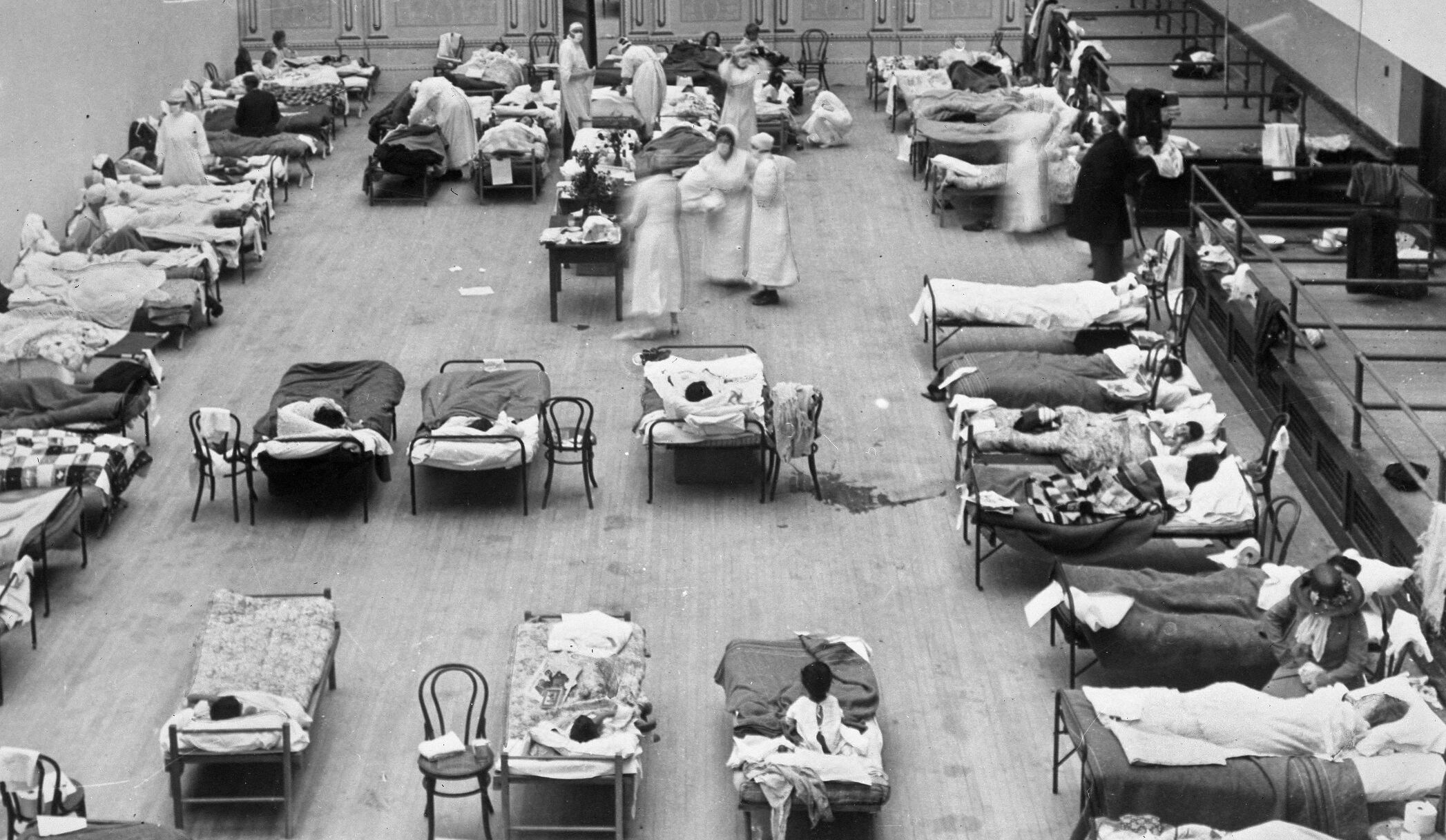A new study from the American College of Cardiology has found that the popular ketogenic or "keto" diet may contribute to higher levels of "bad cholesterol" and a twofold increase in the risk of heart attacks and strokes.
“Our study found that regular consumption of a self-reported diet low in carbohydrates and high in fat was associated with increased levels of LDL cholesterol— or “bad” cholesterol—and a higher risk of heart disease,” said Dr. Iulia Iatan, MD, PhD, lead author of the study and attending physician-scientist at the Healthy Heart Program Prevention Clinic in St. Paul’s Hospital.
“To our knowledge, our study is one of the first to examine the association between this type of dietary pattern and cardiovascular outcomes.”
The study points out that depriving the body of carbohydrates such as bread, pasta, and rice forces the body to break down fat for energy instead. This breakdown produces ketones in the liver, hence the name keto. Advocates for this type of diet suggest obtaining 60 to 80 percent of calories from fat.
By comparing this low-carbohydrate, high-fat (LCHF) diet with a more standard diet, the study found that it elevated levels of LDL cholesterol in some people, which is known to elevate the risk of heart disease.
Before starting this dietary pattern, they should consult a healthcare provider," Iatan said. "While on the diet, it is recommended they have their cholesterol levels monitored and should try to address other risk factors for heart disease or stroke, such as diabetes, high blood pressure, physical inactivity and smoking.”
The shift from China to the U.S. has convinced some long-time bitcoin miners that renewable energy and crypto mining may actually be a better match for each other than expected.
Colorado wildlife officials say an elusive elk that has been wandering the hills with a car tire around its neck for at least two years has finally been freed of the obstruction.
A popular Southern California beach that was closed for more than a week after an undersea pipeline leaked crude into ocean waters has reopened and it happened far sooner than many expected.
Amplify Energy’s emergency response plan for a major oil spill like the one unfolding in coastal Southern California depended heavily on a quick shutdown of its pipeline if sensors pick up a sudden loss of pressure.
A Russian actor and a film director have rocketed into space to make the world’s first movie in orbit.
Drugmaker Merck said Friday that its experimental COVID-19 pill reduced hospitalizations and deaths by half in people recently infected with the coronavirus and that it would soon ask health officials in the U.S. and around the world to authorize its use.
Video-sharing tech platform YouTube on Wednesday announced immediate bans on false claims that vaccines are dangerous and cause health issues like autism, cancer or infertility.
Alex Bell, a Post-Doctoral Scholar at UCLA, joins 'Cheddar Reveals' to discuss how exposure to innovation influences who becomes an inventor and how much genius has been lost over the years.
President Joe Biden is urging those now eligible for COVID-19 booster shots to get the added protection.
COVID-19 has now killed about as many Americans as the 1918-19 Spanish flu pandemic did — approximately 675,000.
